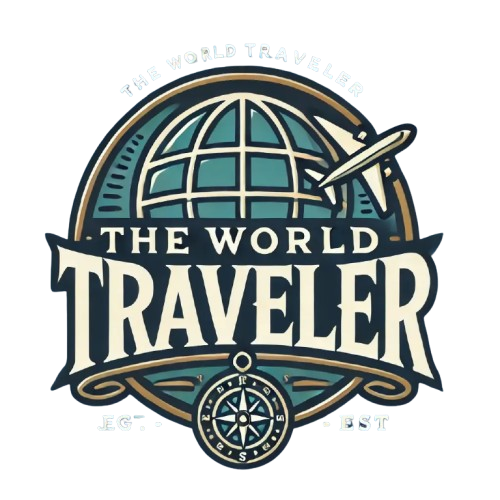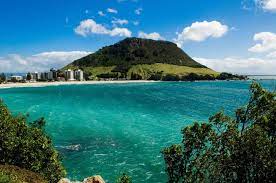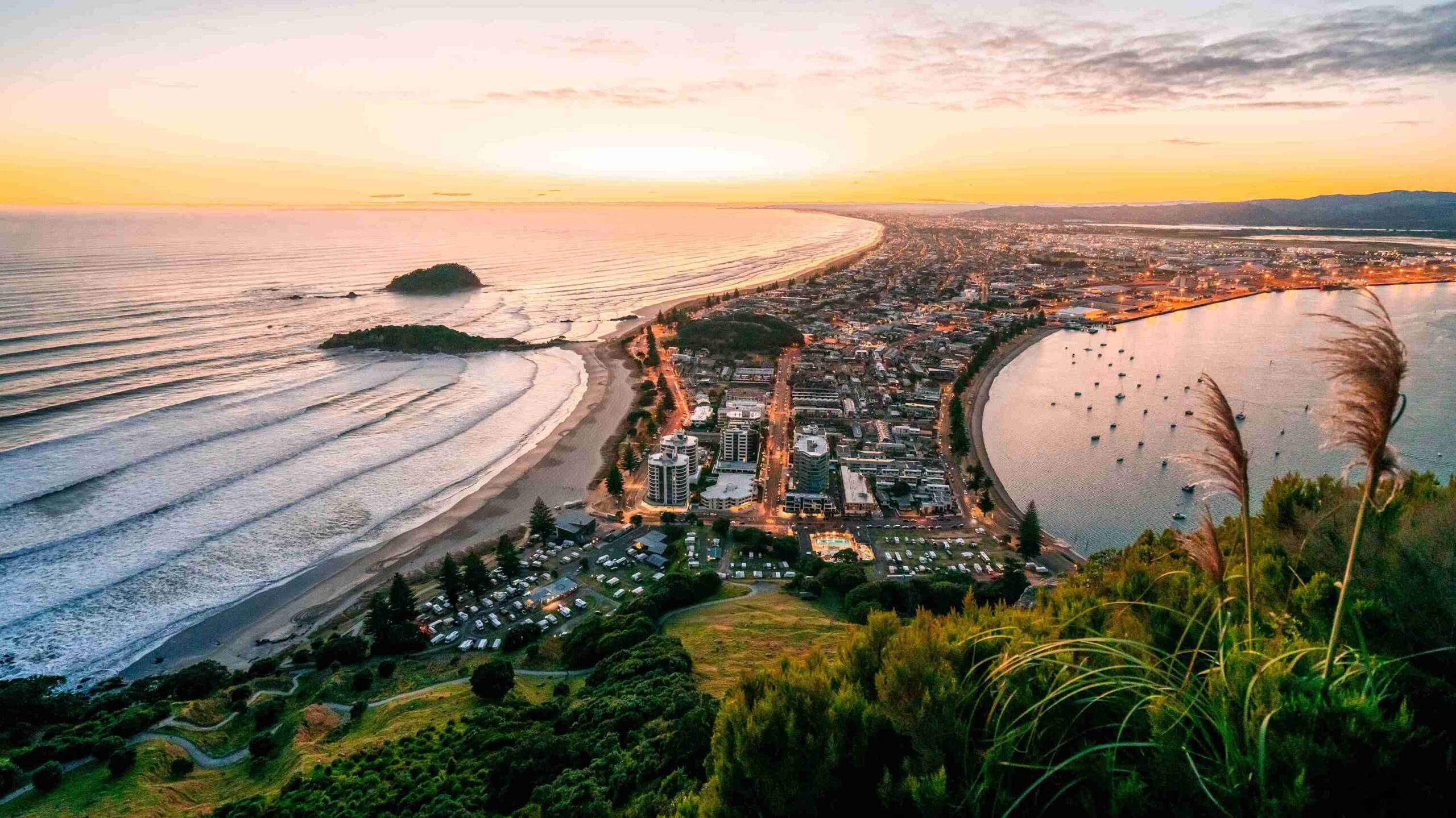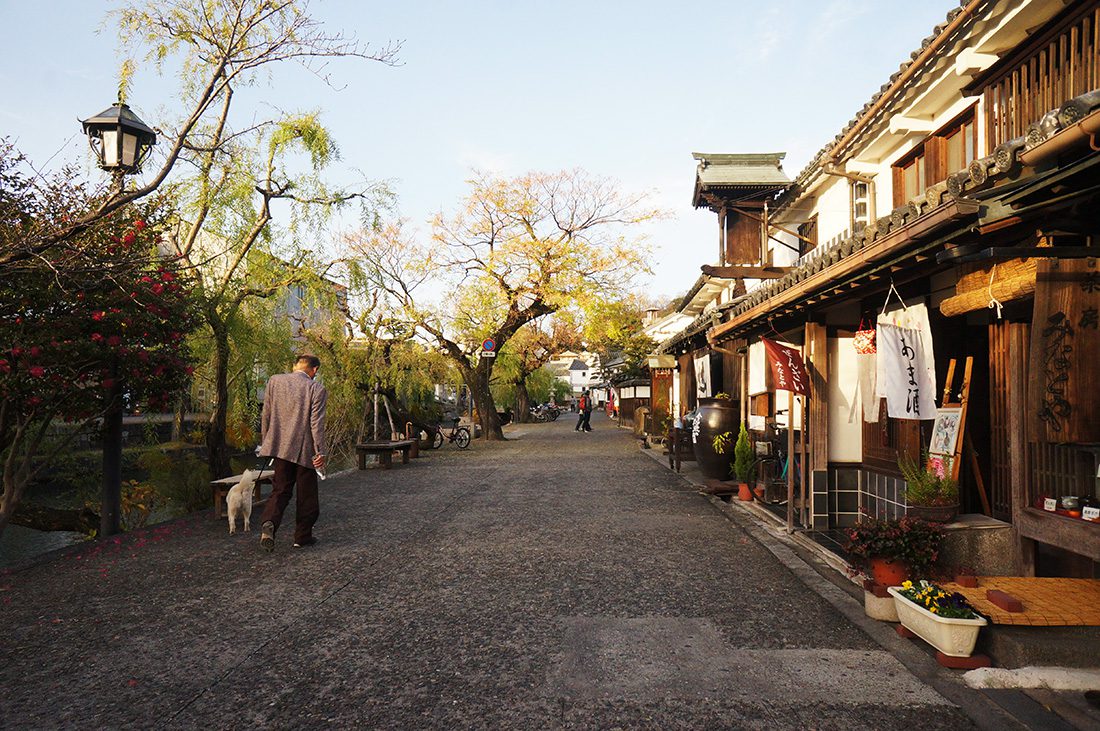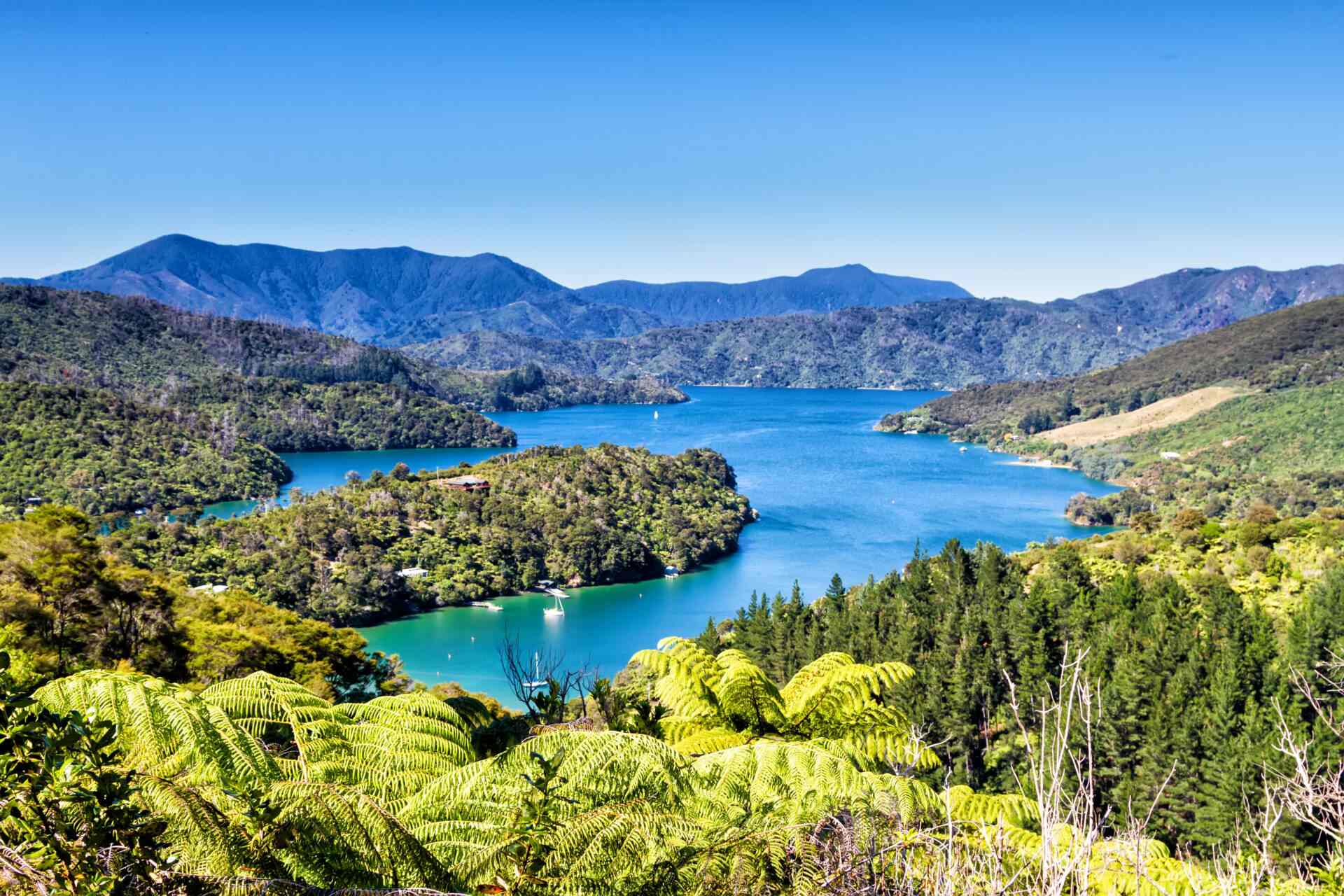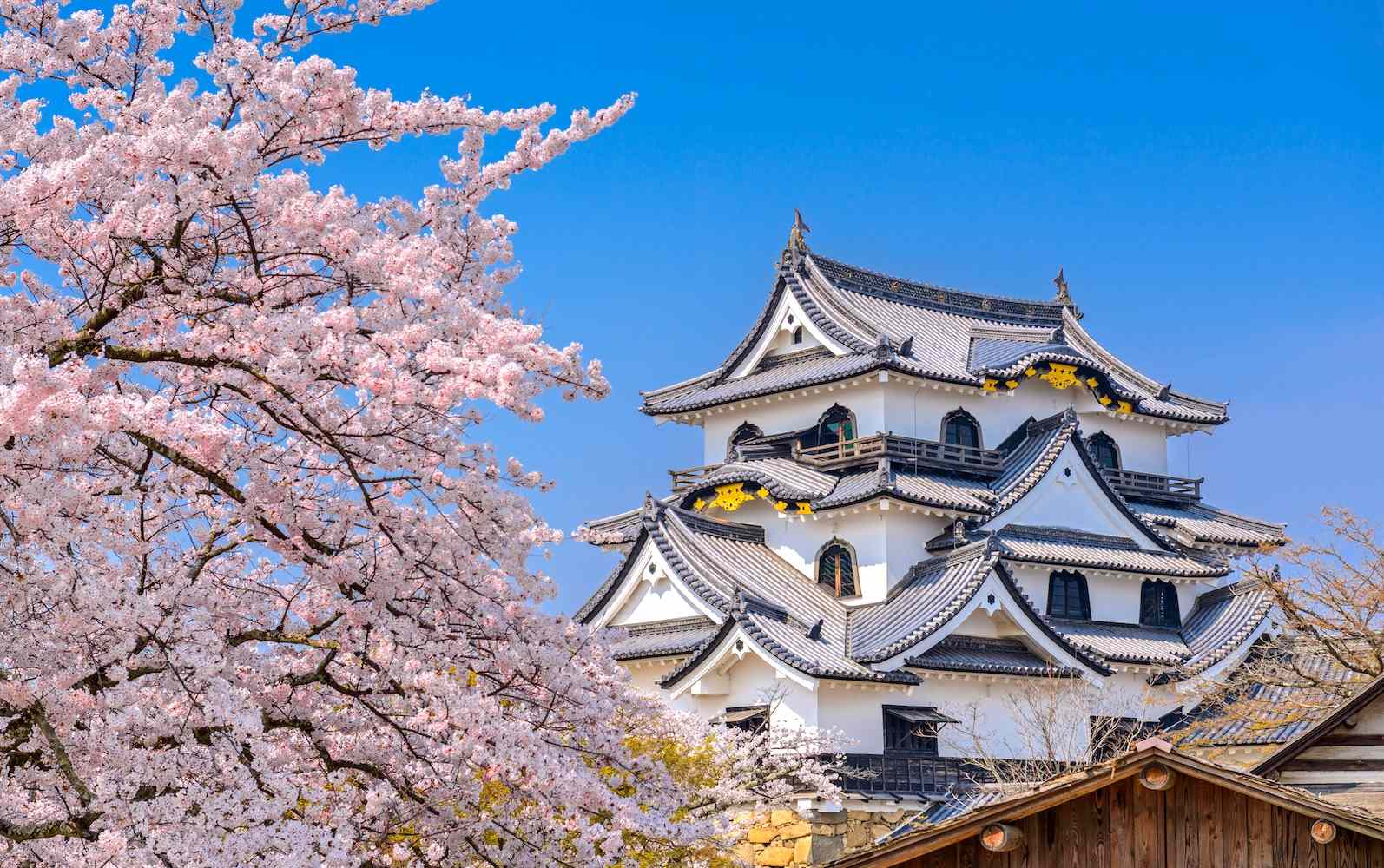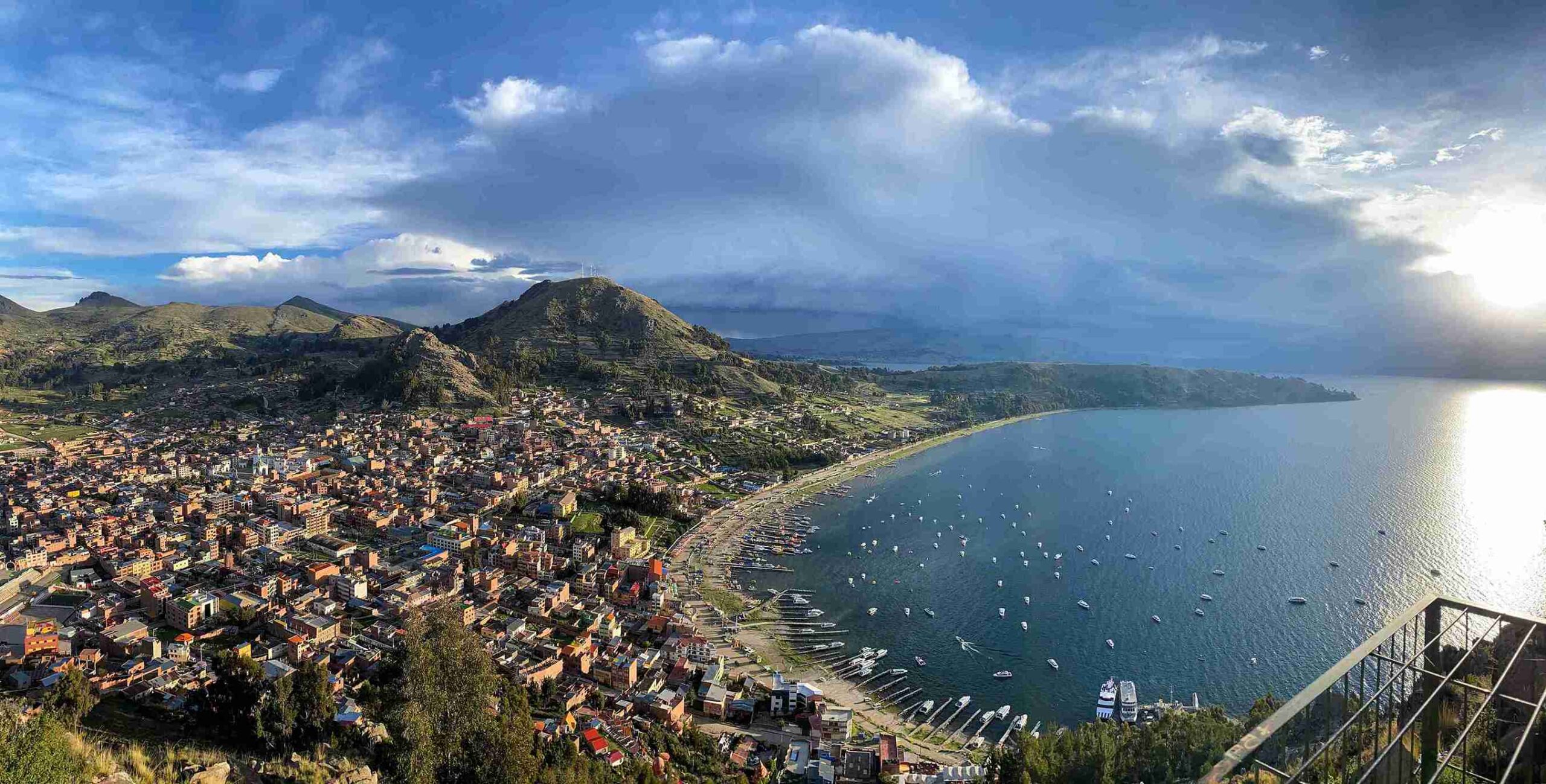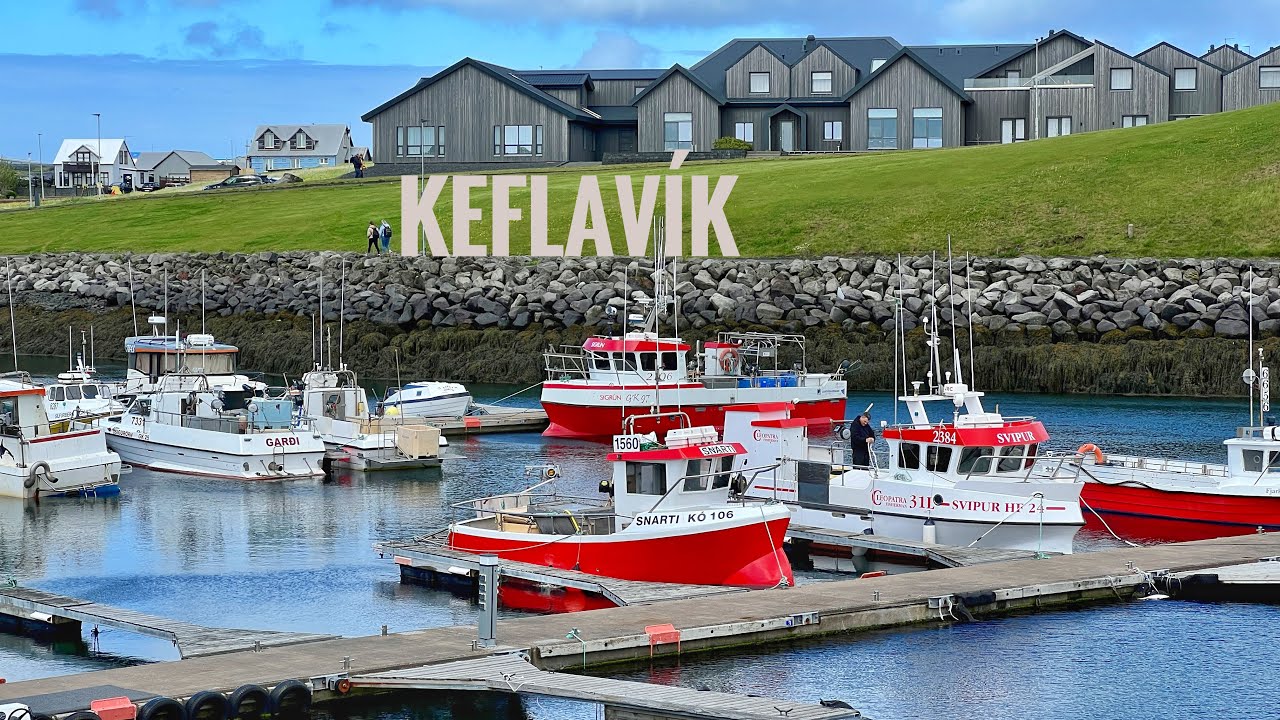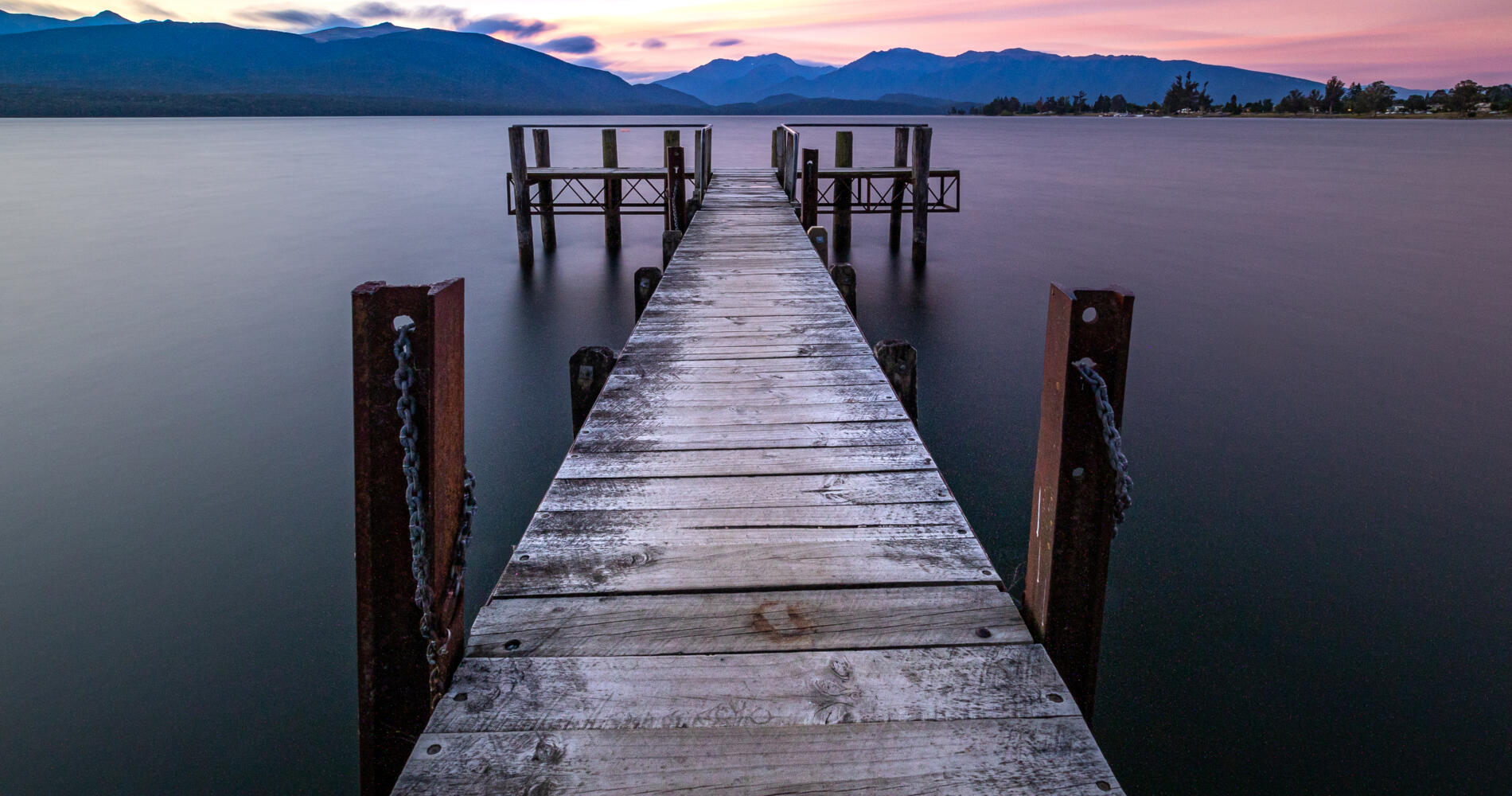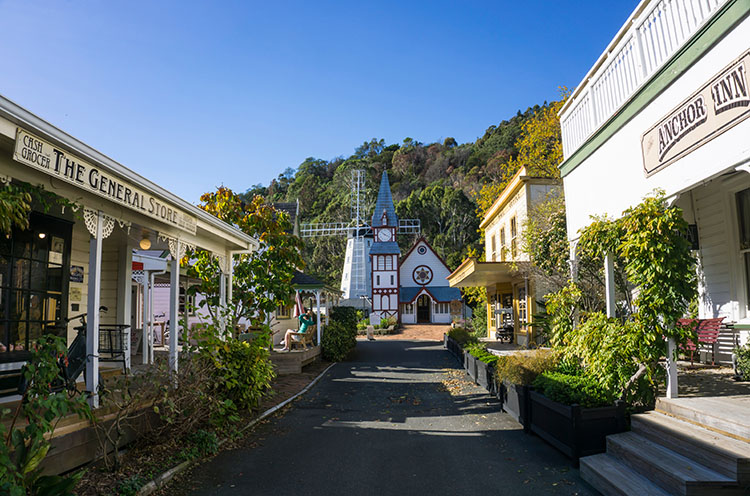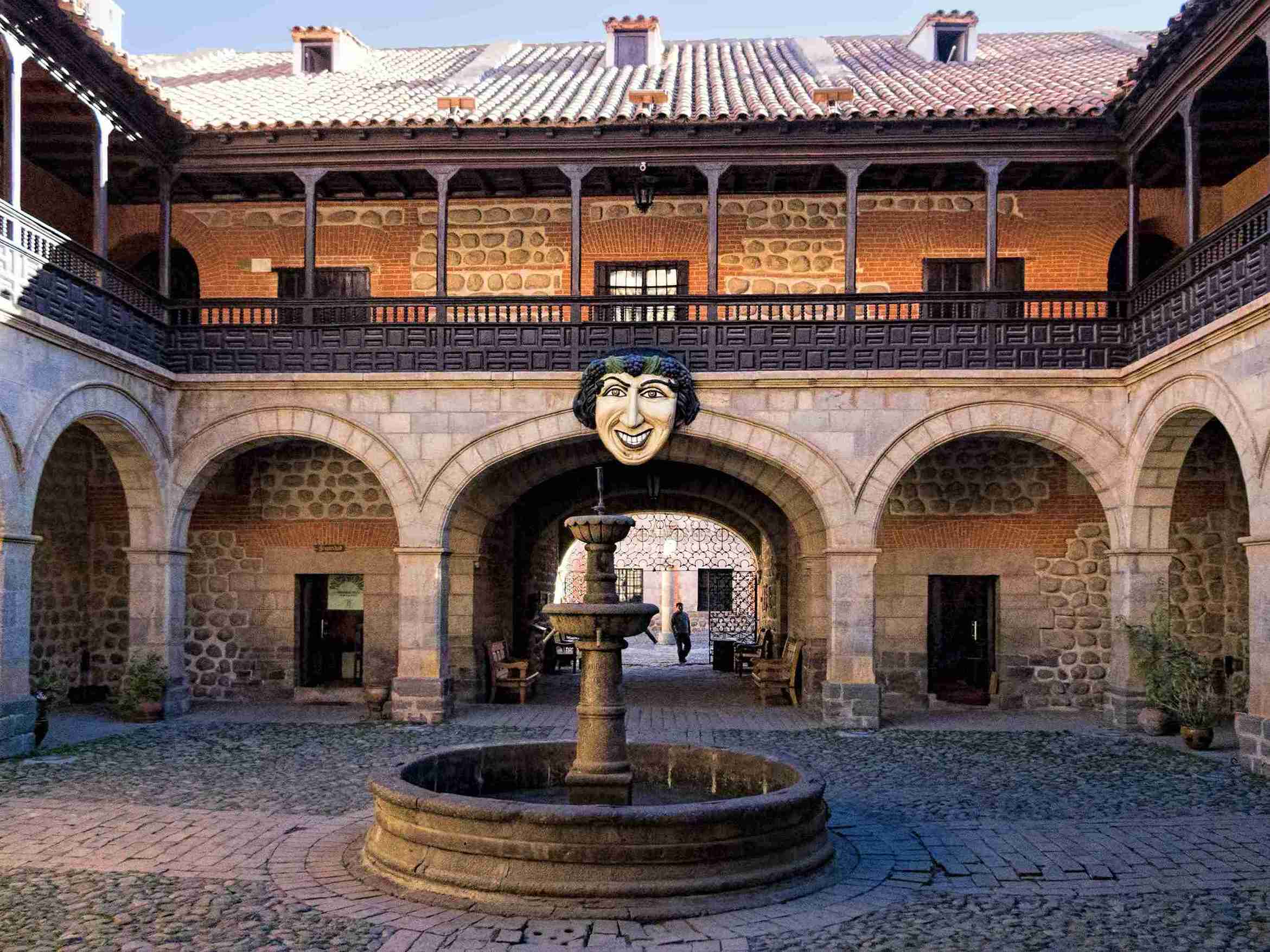Windhoek, Namibia travel tips
Category
Categories
Popular Articles
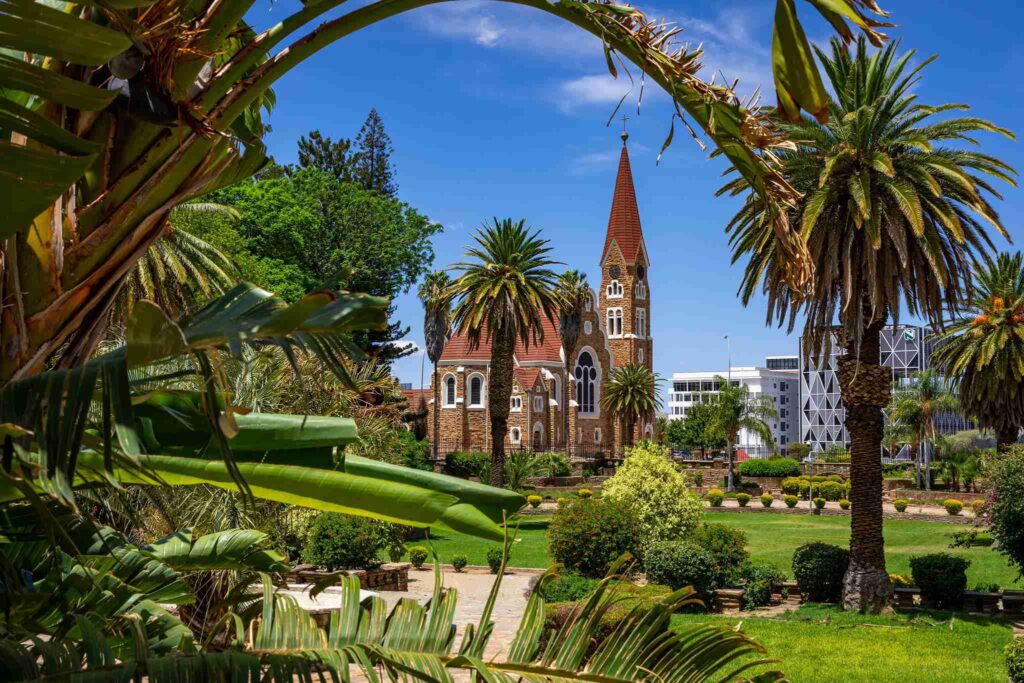
Welcome to Windhoek, the charming capital of Namibia. Known as the gateway to the diverse landscapes, wildlife, and culture of Namibia, Windhoek blends history with modernity seamlessly, offering a unique blend of European and African cultures. With its German architecture, fantastic museums, bustling local markets, and vibrant culinary scene, Windhoek is a must-visit on any Namibian adventure.
**Best Time to Visit**
Namibia experiences a semi-arid climate, making it a year-round destination. However, the peak season typically runs from July to October, when wildlife sightings are most regular. For fewer crowds and lower prices, consider visiting between November and June. Two major events to bear in mind are the Windhoek Carnival in March and the Windhoek Oktoberfest, a vibrant beer festival.
**Climate & What to Pack**
Due to its semi-arid climate, Windhoek experiences warm and dry conditions most of the year. Summer from November to April can be hot, while winter from May to October is much cooler with chilly nights. Pack light clothing for the day, a warm jacket or sweater for cooler nights, and don’t forget your sun protection (hat, sunglasses, and sun cream). A good pair of walking shoes is also recommended.
**Getting There**
Hosea Kutako International Airport is the primary international gateway to Namibia. From the airport, there are taxis as well as shuttle services available for transport into Windhoek. For visa and entry requirements, it’s best to check with your country’s Namibian embassy or consulate before traveling.
**Getting Around Locally**
Windhoek’s center is quite compact, making it easily navigable by foot or by bicycle. There are also taxis and local buses available. For more freedom and flexibility in exploring the wider region, consider renting a car. Do note that driving is on the left side of the road in Namibia.
**Safety Tips**
Windhoek is generally safe for tourists, but as with any international destination, it’s wise to take precautions. Avoid walking alone at night and be aware of your surroundings. Petty crimes like pickpocketing can occur in crowded markets and tourist areas. As for etiquette, Namibians are friendly and polite, so a respectful and considerate attitude goes a long way.
**Top Things to Do & See**
Don’t miss out on Christuskirche, a beautiful Lutheran church, and the Independence Memorial Museum showcasing Namibia’s struggle for freedom. Nature lovers should take a relaxing stroll in the National Botanic Garden. For something unique, make sure to visit the local craft markets for some authentic handmade souvenirs.
**Where to Stay**
From luxury accommodation at Hotel Thule to mid-range options like Avani Windhoek Hotel and budget-friendly guesthouses such as Chameleon Backpackers Hostel, Windhoek caters to every budget. The peaceful suburb of Klein Windhoek is a great area to stay, as it’s close to the city center and features a variety of restaurants and shops.
**Food & Local Cuisine**
Windhoek offers a myriad of dining options with influences from various cultures. Try traditional Namibian dishes like biltong (dried cured meat), kapana (street food-style meat), or potjiekos (slow-cooked stew). For the best local food experiences, visit eateries like Joe’s Beerhouse or the Windhoek City Market.
**Cultural & Practical Tips**
The local currency is the Namibian Dollar (N$), but the South African Rand is also acceptable. English is the official language, but Afrikaans and German are widely spoken too. Tipping is appreciated if service is good, with 10% being standard. Outlets are type D and M with a standard voltage of 220 V. Wi-Fi can be found in hotels and cafés across the city.
**Sustainable or Responsible Travel Tips**
When visiting natural areas, respect the environment by not littering and following established trails. Conserve water where possible since Namibia is an arid country. Support local businesses by buying handicrafts directly from artisans and eating at local eateries.
**Personal Travel Tip**
Immerse yourself in all that Windhoek has to offer. Visit its museums, try local foods and most importantly, interact with the locals to truly appreciate the cultural diversity and heritage this beautiful city encapsulates. Enjoy the adventure!
